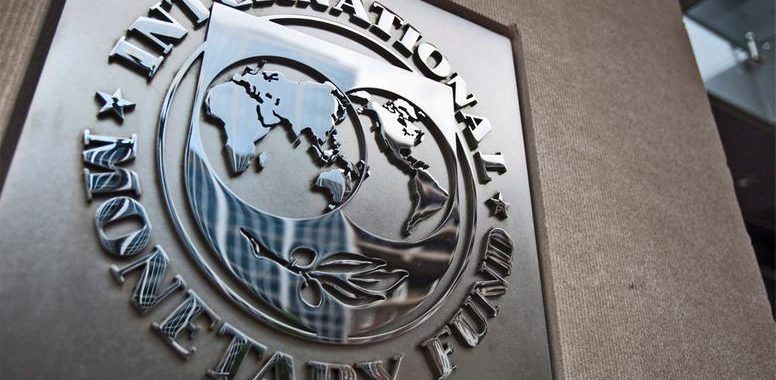The International Monetary Fund has warned that the impact of climate could worsen Nigeria’s fiscal health and economic stability.
In its 2025 Article IV report, the IMF said that the impact of extreme weather events threatens to undermine growth, fiscal sustainability, and the financial sector, deepening Nigeria’s debt crisis.
Among other things, the IMF report stated that climate events significantly affect Nigeria’s growth outlook, balance of payments, and financial sector, warning that such risks could destabilise the country’s economy.
Rising sea levels, particularly in Lagos, the country’s primary commercial and financial centre, are expected to cause substantial economic damage. This would not only affect infrastructure but could also disrupt critical sectors like agriculture, further straining the country’s resources.
The IMF forecasted “significant fiscal pressures”, with the government facing higher demands for spending on disaster relief, infrastructure repair, and climate adaptation.
Read also: Report: Death toll of European Heatwave 3 times higher due to Climate Change
While Nigeria’s financial sector is relatively small, it is exposed to risks from these climate-related events.
The report highlighted that asset quality in the sector could be directly impacted, particularly through the concentration of financial services in Lagos.
This, combined with the anticipated decline in tax revenues resulting from slower growth, will further strain the government’s ability to fund essential services.
With the rising cost of climate-related disasters, Nigeria will face an increase in its debt burden, further widening fiscal and external financing gaps.
The report read, “Climate events significantly impact Nigeria’s growth outlook, fiscal sustainability, balance of payments and financial sector, potentially undermining macroeconomic stability. Extreme weather events and their frequency have a direct effect on growth and the balance of payments.
“An expected sea level rise would pose significant economic cost for Nigeria, damaging infrastructure in coastal areas such as Lagos—the main commercial and financial centre. While relatively small, the financial sector is exposed to spillovers to asset quality and may even be directly impacted via its physical presence in Lagos.
“Fiscal policy will have to address lower tax revenues from lower growth and higher demands for spending on disaster relief, infrastructure repair, and investments in climate adaptation and mitigation. As a result, Nigeria will face higher debt risk and fiscal and external financing gaps.”
Story was adapted from Punch.
